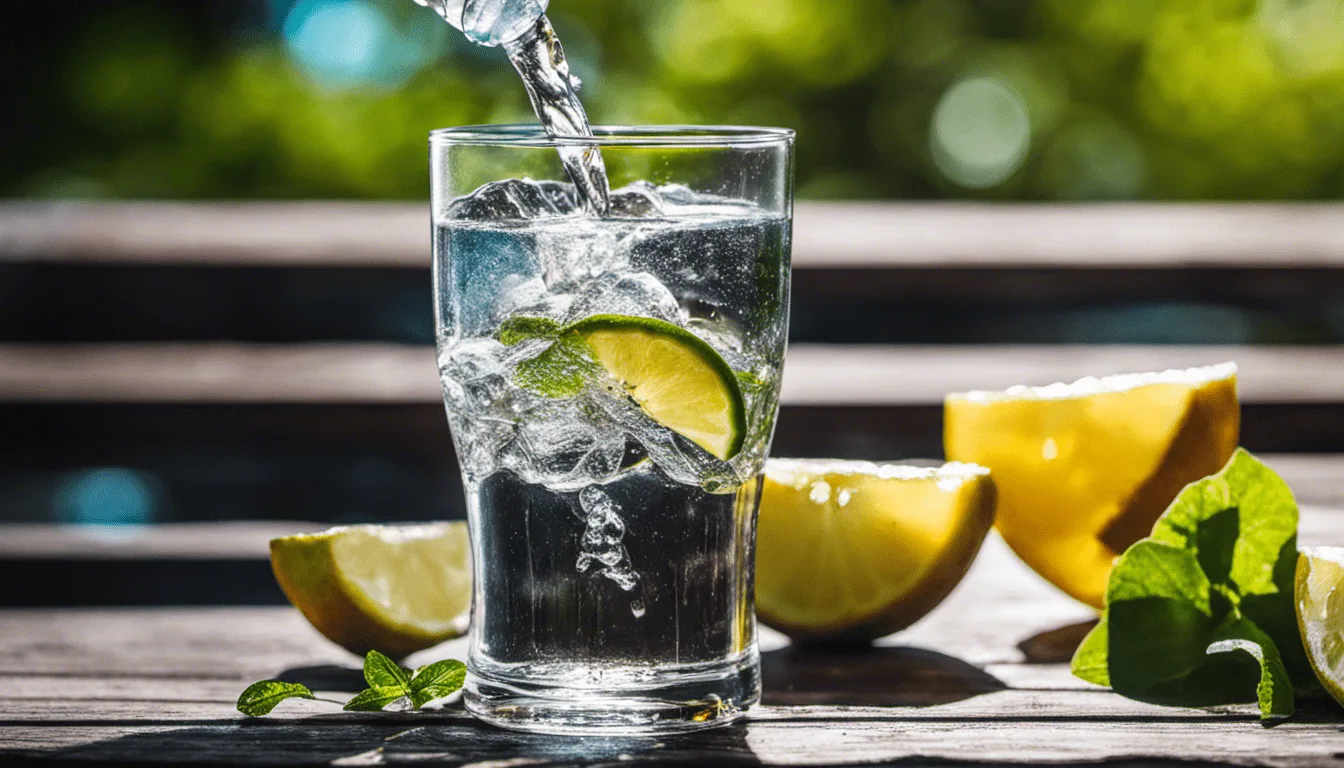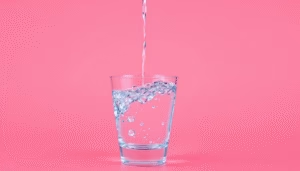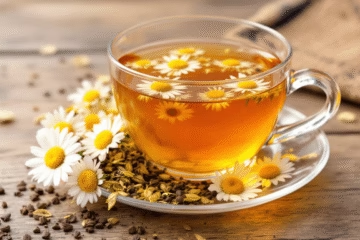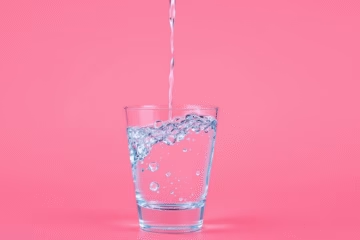Have you ever thought about the importance of hydration and the need for daily hydration for the maintenance of your life, your body health, especially your body organs, and the brain? Water is essential for life. The origin of life is water. From a fetus to a complex human, we have grown in the uterine water. It is a vital nutrient to life and acts first as a building material.
Boost Your Wellbeing and Cognitive Performance
We can’t survive more than a few days without it. Every day, we must drink a certain amount of water to survive. This amount depends on age and gender, and also on where someone lives. The Food and Nutrition Board at the Federal Institute of Medicine suggests men should have about 3.7 liters daily. Women should have about 2.7 liters. Not all of the water comes from drinking liquids because some of this water also comes from food like fruit and vegetables we eat.
Unlock Your Potential with YOLO DNA Health!
Water is needed for overall good health. Our body comprises 75% of body weight in infants to 55% in the elderly (Popkin, et al., 2010). Every cell, tissue, and organ in our body requires water to work properly. According to H.H. Mitchell, Journal of Biological Chemistry 158, your brain and heart contain about 73% water, the lungs about 83%, the skin about 64%, muscles and kidneys about 79%, and even the bones also about 31%.
It is understood that well-hydrated people have surface skin to minimize acne and other skin conditions. Several sources, such as health and beauty magazines and the Internet, suggest that drinking 8–10 glasses of water a day flushes toxins from the skin and gives a glowing complexion. Kidneys use water for the filtration of waste from the bloodstream and then excretion through urine. The kidney removes solutes from the blood through water excretion.
Getting enough water is very important for the proper functioning of the lungs, as it is for the rest of the body. Ryan says, “Staying well hydrated by taking in fluids throughout the day helps keep the mucosal linings in the lungs thin,”. “This thinner lining helps the lungs function better.” Dehydration causes the mucus to thicken and get sticky, which slows down the overall process of respiration. This makes you more susceptible to disease, allergies, and other respiratory issues.
Try steam inhalations to moisten your airways for the proper functioning of your lungs. To maintain constant water and mineral balance, the coordination of sensitive detectors at different sites in the body is required. This is linked by neural pathways with integrative centers in the brain that process this information.
Water is essential for our bodies to perform the following functions:
- It uses water to regulate our internal body temperature through respiration and sweating.
- It provides protection and acts as a shock absorber for the brain, spinal cord, and fetus.
- It transports carbohydrates and proteins in the bloodstream that are metabolized by our body.
- It lubricates joints.
- It is the main constituent of saliva.
- It helps in removing waste, mainly through urination, from the body.
Our body functions are mainly affected by drinking too little water. Our sedentary lifestyle has a higher chance of developing high blood pressure, type 2 diabetes, heart failure, hardening of the arteries, and bladder and kidney problems if we do not drink a lot of water. The Body starts to extract water from cells and between cells and out of the blood. This leads to the narrowing of blood vessels and high blood pressure. Extra cholesterol seals the cell membranes that causing arteriosclerosis.
Unlock Your Potential with YOLO DNA Health!
When the water input is less than the output, we may be dehydrated. Our urine can be an indicator if that is dehydration. If it is colorless or light yellow, it means we are well hydrated. If our urine is a dark yellow or amber color, we may be dehydrated. Several other signs that can indicate dehydration include dry mouth, extreme thirst, confusion, headache, little or no urine, sleepiness or fatigue, dizziness, or lightheadedness.
Dehydration leads to depression, skin problems, vascular dementia, kidney disease, fatigue and infections, and chronic diseases such as asthma, inflammatory rheumatism, diabetes, high cholesterol, and allergies. Lack of water causes stress in the body.
Proper hydration prevents cystitis and kidney ailments, lowers your blood pressure, prevents blood clots, prevents strokes and heart attacks, improves your bowel movement, ensures better skin, ensures weight loss, prevents fatigue, enhances the removal of toxins, restores the acid-base balance of your body, and prevents inflammation.
Water is essential for the maintenance of brain function. Water accounts for 75% of brain mass. The European Food Safety Authority (EFSA) provides the scientific opinion that water contributes to the maintenance of normal physical and cognitive function. It is suggested that mood states and particular cognitive abilities are affected by water consumption (Masento, et al., 2014).
Dehydration tends to decrease whole brain volume and increase the ventricular volume, the BOLD, and the thickness of the cortex. Several studies show that after water restriction for 16 h, the brain volume tends a decrease by 0.55% (Kempton, et al., 2009). Mild dehydration causes variations in many important aspects of cognitive function such as alertness, concentration, and short-term memory in children (10–12 y) (Bar-Or et al., 1980), young adults (18–25y) (Cian, et al., 2001) and in the oldest adults, (50–82y) (Suhr, et al., 2004).
Mild to moderate levels of dehydration can impair tasks such as perceptual discrimination, short-term memory, arithmetic ability, psychomotor skills, and visuomotor tracking, but it does not consistently alter cognitive functioning (Cian, et al., 2001). The consistent effect of mild dehydration is the elevation of subjective mood scores, including confusion, fatigue, anger, and vigor. It has been studied that mild dehydration acts as a physiological stressor, and it competes with and draws attention from cognitive processes.
Unlock Your Potential with YOLO DNA Health!
Amanda Carlson, RD, director of performance nutrition at Athletes’ Performance, says, “Studies have shown that being just half a liter dehydrated can increase your cortisol levels,”. Cortisol is one of the stress hormones. Dehydration causes delirium. It presents dementia in the elderly and the very ill. It has been reported that older people have reduced thirst relative to younger people. Moreover, in older people, some factors, like incontinence, restricted mobility, renal insufficiency, and drug side effects, can complicate fluid intake and maintenance of water balance.
Dehydration-induced cognitive deficits can be reversed by reintroducing fluids under conditions of mild dehydration. Water ingestion has opposite effects on cognitive performance, as it increases alertness. It is stated that the brain volume significantly increases by about 0.36% between the dehydrated and rehydrated states. So be sure to actively drink a lot of water to avoid becoming dehydrated. Plain water is the best option for staying hydrated; however, several other drinks and foods can help, too.
For example, fruit and vegetable juices, herbal teas, and milk add to the amount of water you get each day. Sports drinks can also help to stay hydrated if you are planning on exercising properly. Soft drinks contain electrolytes and carbohydrates that can increase your energy and help your body absorb water. If staying hydrated is difficult for you, here are some tips that can help:
- Drink water before, during, and after your work.
- Drink water when you feel hungry.
- Try to add a slice of lemon or lime to the water if you do not like the taste of plain water.
- Drink on a schedule if you have trouble remembering to drink water, and try to drink water when you wake up, at breakfast, lunch, and dinner. At the beginning of each hour, you may drink a small glass of water.
- Carry a reusable water bottle and fill it with tap water.
- Drink water when you go to a restaurant. It will keep you hydrated.
References:
- Popkin, B. M., D’Anci, K. E., & Rosenberg, I. H. (2010). Water, hydration, and health. Nutrition Reviews, 68(8), 439-458.
- Masento, N. A., Golightly, M., Field, D. T., Butler, L. T., & van Reekum, C. M. (2014). Effects of hydration status on cognitive performance and mood. British Journal of Nutrition, 111(10), 1841-1852.
- Bar-Or, O., Dotan, R., Inbar, O., Rotshtein, A., & Zonder, H. (1980). Voluntary hypohydration in 10-to-12-year-old boys. Journal of Applied Physiology, 48(1), 104-108.
- Cian, C., Barraud, P. A., Melin, B., & Raphel, C. (2001). Effects of fluid ingestion on cognitive function after heat stress or exercise-induced dehydration. International Journal of Psychophysiology, 42(3), 243-251.
- Suhr, J. A., Hall, J., Patterson, S. M., & Niinistö, R. T. (2004). The relation of hydration status to cognitive performance in healthy older adults. International journal of psychophysiology, 53(2), 121-125.
- Kempton, M. J., Ettinger, U., Schmechtig, A., Winter, E. M., Smith, L., McMorris, T., … & Smith, M. S. (2009). Effects of acute dehydration on brain morphology in healthy humans. Human brain mapping, 30(1), 291-298.
Body, Mind, And Soul For A Fulfilled Life!




